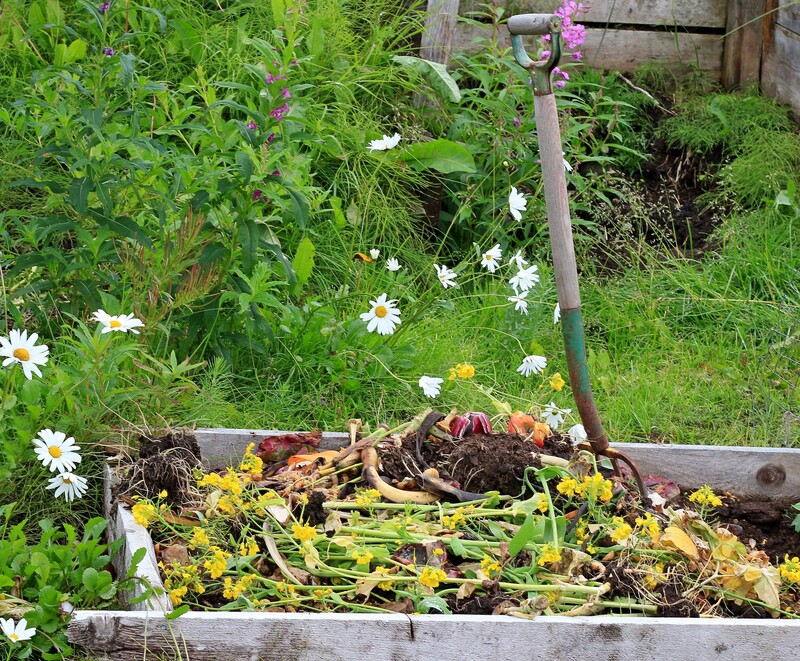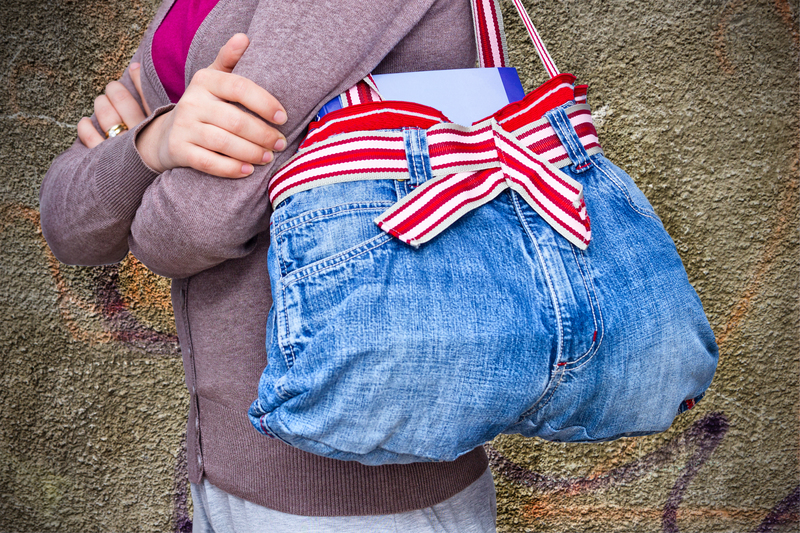Cheap and Easy Ways to Handle Bulky Waste Items at Home
Bulky waste items--also known as large waste or oversized garbage--can become a real headache when it's time to clear out, declutter, or simply maintain your home. Whether you're doing a major spring cleaning, revamping your interior, or moving houses, properly disposing of large waste is crucial for both your convenience and the environment. In this comprehensive guide, we discuss cheap and easy ways to handle bulky waste items without breaking the bank or harming the planet.
Understanding Bulky Waste Items
Large waste comprises items that are too big or heavy for regular household waste bins. These can include:
- Old furniture (sofas, chairs, wardrobes, beds, mattresses)
- Large appliances (refrigerators, washing machines, ovens)
- Carpets and rugs
- Garden waste (branches, shrubs, large plant pots)
- Electronics (TVs, computers, monitors)
- Miscellaneous items (bicycles, exercise equipment, bathtubs)
Proper management of bulky waste items is essential not only for hygiene but also for environmental conservation. Many people are surprised to learn that improper disposal can have serious negative impacts, from pollution to legal consequences.

Why You Shouldn't Dump Bulky Waste Illegally
Fly-tipping or dumping your large waste in unauthorized areas is illegal and can result in hefty fines and even prosecution. Besides the legal risks, irresponsible disposal can:
- Create eyesores in your community
- Harm wildlife and ecosystems
- Block pathways and cause accidents
- Release hazardous materials into soil and water
Cheap and Easy Solutions for Handling Bulky Waste at Home
When looking for cost-effective ways to manage large household waste, consider the following practical strategies:
1. Repurposing and Upcycling
Before discarding, can the item serve a new purpose? Upcycling bulky waste can save you money and foster creativity. Turn old wooden furniture into shelves or planters. Even broken appliances can often be stripped for parts, which can be used in crafts or donated to repair shops.
- Transform chairs into stools or garden swings
- Old doors make excellent headboards or tables
- Drawers from broken dressers can become under-bed storage
2. Donation and Giving Away
Many bulky household items in good condition can be donated. Charities, shelters, and reuse networks often accept gently used furniture and large objects.
- Contact local charities or non-profits
- List items on platforms like Freecycle or Facebook Marketplace for free pickup
- Ask neighbors or friends if they need the items
Donating not only helps others but reduces your disposal costs and adds value to your community.
3. Organize a Community Swap or Yard Sale
If you have several large household waste items to dispose of, why not turn it into a social event? A community swap lets you give away or exchange items you no longer need, often at no cost.
- Hold a yard sale for unwanted furniture or appliances
- Organize a neighborhood "swap day"
- Allow people to take items marked for disposal
These methods are not only cheap--they can be fun, eco-friendly, and promote a sense of community.
4. Council Bulk Waste Collection Services
Many local councils offer affordable bulky waste collection services. Check your area's waste management website for specifics.
- Some areas offer a number of free pickups per year
- Additional pickups may cost a small fee
- Booking is usually straightforward online or over the phone
This is often the most hassle-free way to handle oversized household items legally and responsibly.
5. Drop-Off at Local Waste Centers
Most municipalities run household waste recycling centers or transfer stations where you can drop off bulky items for a minimal or no fee.
- Check what items are accepted (some centers do not accept mattresses or electronic waste)
- Bring identification or proof of residency if required
- Try to transport items in manageable, dismantled pieces
This is often the cheapest way to dispose of large waste items, if you have access to a suitable vehicle.
6. Hire a Skip Bag Instead of a Skip
Traditional skips can be expensive, especially for small-volume disposal. Instead, consider skip bags, which are widely available and often cheaper.
- Fill the bag at your own pace--no strict deadlines
- Collection is included in the price
- Available from local hardware stores and online retailers
Skip bags are particularly useful for disposing of mixed large and small items.
7. Upcycling and Selling for Parts
Many large waste items like old electronics, bikes, or machinery can be stripped for valuable parts. Consider:
- Selling metal parts to scrap yards
- Listing re-usable electronics on auction sites
- Donating components to repair cafes or makerspaces
8. Renting a Trailer or Sharing Resources
If you need to transport items to a waste disposal site but don't have a suitable vehicle, renting a trailer can be a cost-effective solution. Alternatively, community sharing platforms allow you to split costs with neighbors.
- Coordinate with others doing spring cleaning
- Carpool your bulky waste trips
- Share rental costs for tools or trailers
Tips for Easy and Affordable Large Item Disposal
- Disassemble items before disposal: Breaking down large objects into manageable pieces makes them easier to transport and may reduce costs.
- Check for hazardous components: Some large waste, like fridges or electronics, may require special handling. Ensure proper disposal to avoid fines or environmental harm.
- Book in advance: Many council services and private collectors get busy quickly, especially during moving season or after holidays.
- Verify service coverage: Always check what your local authority or disposal center accepts to avoid wasted trips.
- Try to reuse or recycle before throwing away: Reusing extends the lifespan of materials and reduces environmental impact.
Comparing Costs: What's Cheapest for Bulky Waste Management?
To ensure you're picking the most affordable way to handle bulky items at home, here's a quick cost comparison:
- Donation and Giveaways: Free (may require your own transport).
- Dropping at recycling centers: Usually free for residents or low cost, but you must arrange your own transport.
- Council collection: Typically low cost or free for a limited number of collections.
- Skip bags: Approx. $30-$70 depending on bag size and region.
- Private waste removal services: Can cost $50-$150 or more, depending on volume and location.
For budget-conscious households, donation, recycling centers, and community swaps are the most wallet-friendly solutions.
Eco-Friendly Approach: Reduce, Reuse, Recycle
Incorporating eco-friendly bulky waste disposal practices at home can have far-reaching benefits:
- Reduce: Buy items that last longer and avoid unnecessary purchases.
- Reuse: Find new uses for old items wherever possible.
- Recycle: Separate and deliver materials to the appropriate recycling centers.
Supporting a circular economy not only slashes waste but preserves our planet for future generations.
What NOT To Do With Bulky Waste Items
Avoid these common mistakes:
- Leaving bulky items on the curb without scheduling a pickup: This can attract fines and is unsightly.
- Setting fire to or burning waste: Illegal and extremely harmful to the environment.
- Dumping in unauthorized areas: Not only illegal but causes lasting damage to your neighborhood and natural spaces.
- Hiding items in regular bins: This may lead to damage of waste collection trucks and safety hazards for staff.

Frequently Asked Questions About Managing Large Waste
- Can bulky waste be picked up with regular trash? Usually no--special arrangements are typically needed due to their size and handling requirements.
- What's the easiest way to recycle furniture? Donation or taking items to a recycling center often prove easiest and most sustainable.
- Are there any free bulky waste removal options? Many councils offer a limited number of free pickups per year. Some communities have free waste collection days.
- Can mattresses and appliances be recycled? Yes--many recycling centers and special programs will accept mattresses, fridges, and other specific items.
Summary: Smart, Cheap Solutions for Bulky Waste at Home
Handling bulky waste items at home doesn't have to be expensive or stressful. By considering reuse, donation, council services, community collaboration, and creative upcycling, you'll save money and keep valuable materials out of landfills.
Key points to remember:
- Explore free and low-cost local options first
- Always check your local waste management regulations
- Don't forget about donation, upcycling, and sales for good-condition items
- Plan ahead to take advantage of community resources and avoid fines
- Take apart large items for easy and cheap transport
- Never dump bulky items illegally
By taking a little extra time to plan the disposal of bulky items, you can declutter your home, help your community, and protect the environment--all without spending a fortune. Whether you choose to donate, recycle, or take advantage of council services, these cheap and easy ways to handle bulky waste will ensure your home--and conscience--stay clear.
